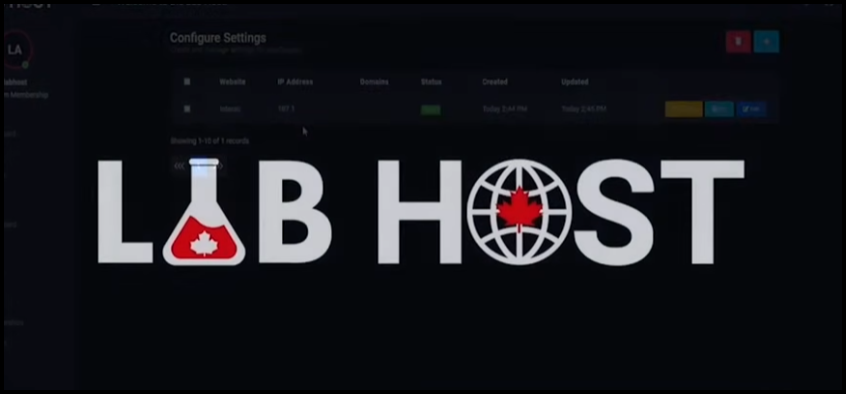
UNITED KINGDOM – The LabHost phishing-as-a-service (PhaaS) platform, which had tens of thousands of phishing domains linked to it and thousands of users worldwide, has had its infrastructure completely disrupted and 37 suspects have been arrested – including the original developer – following a year-long global law enforcement operation.
Originally launched in 2021, LabHost was a resource for cybercriminals that – for a monthly subscription fee – provided them with phishing kits with which they were able to launch effective attacks against North American banks and other institutions and businesses.
In addition, LabHost also were able to provide the web hosting infrastructure needed for cybercriminals to set up and run their own phishing pages, as well as offering automatic phishing email generation and distribution services as well. All told, LabHost was regarded as a one-stop shopping market for cybercrime practitioners, quickly becoming one of the most prominent players in the field.
However, LabHost was taken down this week by a Europol-led international law enforcement operation made up of police and investigators representing 19 countries, with assistance from private sector businesses and organizations such as Microsoft, Trend Micro, Chainalysis, Intel 471, and The Shadowserver Foundation.
Between April 14 and 17, searches were simultaneous performed by authorities at 70 addresses across the globe, resulting in the arrests of 37 suspects allegedly connected to the LabHost service; at the same time, hundreds of LabHost-related servers worldwide were shut down by the operation.
“The investigation uncovered at least 40,000 phishing domains linked to LabHost, which had some 10,000 users worldwide,” Europol stated in an announcement. “With a monthly fee averaging $249, LabHost would offer a range of illicit services which were customizable and could be deployed with a few clicks.”
One especially infamous and unique part of LabHost’s arsenal was a tool known as LabRat, which Europol described as a “real-time phishing management tool” that enabled users to capture two-factor authentication (2FA) tokens and bypass account protections.
During its existence, LabHost’s services were reportedly responsible for approximately 480,000 stolen credit cards, 64,000 PINs, and one million online account passwords.

About The Author: John Colascione is Chief Executive Officer of Internet Marketing Services Inc. He specializes in Website Monetization, is a Google AdWords Certified Professional, authored a ‘how to’ book called ”Mastering Your Website‘, and is a key player in several Internet related businesses through his search engine strategy brand Searchen Networks®

 *** Here Is A List Of Some Of The Best Domain Name Resources Available ***
*** Here Is A List Of Some Of The Best Domain Name Resources Available ***
Leave a Reply